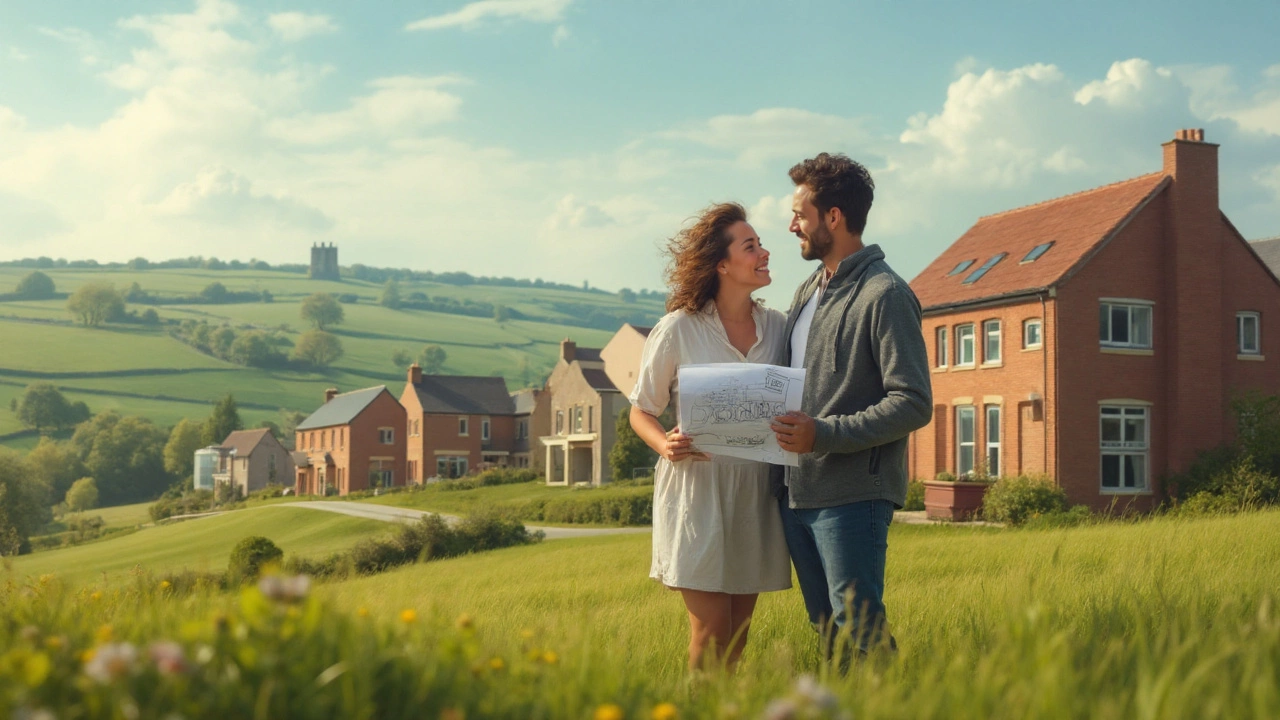New Home Construction: What You Really Need to Know
Thinking about building a brand‑new house? It can feel overwhelming – contracts, permits, foundations, and that endless list of decisions. The good news is you don’t have to figure it all out on your own. Below you’ll find straight‑forward advice that helps you move from idea to reality without nasty surprises.
Understanding New Build Homes
A “new build” isn’t just a shiny, fresh‑painted property. It’s a whole process that starts with land acquisition, moves through design, then gets you a finished home ready for move‑in. First, know exactly what’s included in the developer’s package – some only hand over a shell, while others offer fitted kitchens, roofing, and interior finishes. Check the specification sheet carefully; missing items can end up costing you extra later.
Choosing the right builder is crucial. Look for companies with solid reputations, transparent pricing, and good after‑sales service. Reviews, past project galleries, and references from recent homeowners give you a realistic picture of quality. A reputable builder will also be clear about warranties – especially for structural elements like foundations and roofs.
Avoiding Common New Build Pitfalls
One of the biggest headaches is settlement. New builds settle for weeks or even months after you get the keys. During this time, you might notice small cracks in plaster or doors that start to stick. That’s normal, but it helps to know signs that indicate a problem: sudden, large cracks wider than a hairline, doors that warp dramatically, or uneven floors. If you spot any of these, call your builder immediately – most warranties cover settlement‑related issues if reported early.
Don’t ignore the planning permission side either. While many projects fall under permitted development, you still need to confirm local council rules, especially if you plan extensions or unusual designs. Missing this step can lead to costly legal disputes down the line.
Budget surprises are another common trap. Even if you’ve got a tight estimate, always set aside a contingency fund – 10‑15 % of the total cost is a good rule of thumb. Unexpected soil conditions, price hikes in materials, or design changes can quickly eat into your budget if you’re unprepared.
Finally, think about the long‑term. Energy efficiency, insulation, and sustainable materials might cost a bit more upfront but will save you money on bills and boost resale value. Talk to your architect about double‑glazed windows, airtight construction, and renewable heating options – they’re becoming standard in new builds across the UK.By staying informed, asking the right questions, and planning for the inevitable settlement period, you can turn the excitement of a new build into a smooth, rewarding experience. Ready to start? Grab a notebook, list your priorities, and begin reaching out to trusted builders today.

